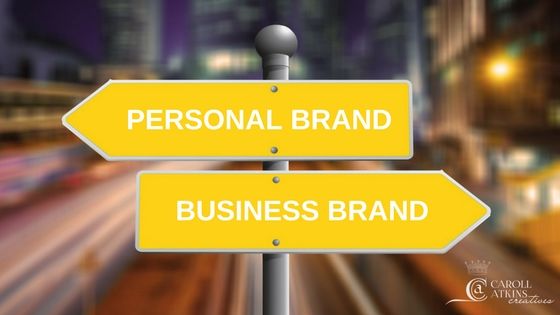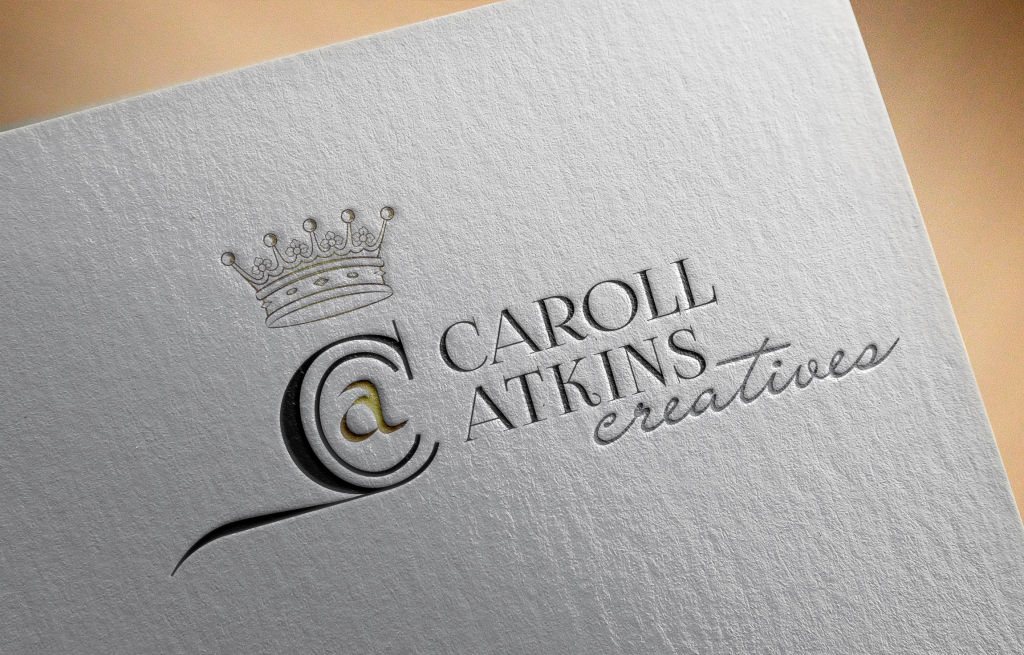Now that start-ups and business owners are realizing the awesome power of having an engaging, informative and helpful brand, there seems to be some confusion as to who or what exactly to brand, themselves or their business. This can be a bit confusing when you are the business, however here are some guidelines that may help you make the best decision.
A personal brand means that you are branding around yourself in a personalized manner. Typically businesses that carry your name are those who would choose to self brand.
A business brand is created to help consumers understand the identity of your business, its promise to them and what it’s benefits are. The business typically is independent from your name.
When it is appropriate for a personal brand
Personal brands are really great if you are a one-person business. The flexibility it offers you is desired especially if you have a few different focuses that you deal with. Also, you may choose to drop a certain focus and add a new one with very little disruption or confusion to the business or to your niche. Actors, speakers, authors, consultants, artists and coaches are all industries that are perfect for utilizing personal branding. Associating your name and face with your various expertise and products is ideal for getting engagement.
However, you should consider some potential drawbacks. Your personal name does not say exactly what you do, so you will have to work hard to associate your name with your services/products. A slogan can help tremendously in this area. Also, using Twitter and social media along with blogging and interviews will help people make the connection. This can be quite a lengthy process before you can achieve this connection.
The one thing I will say should be a strong reason why you should think twice about creating a personal brand is if you do not like the idea of being your own salesperson. You will have to sell and you will have to be good at it. If you are shy and seriously introverted, this may not work for you.
When building a business brand is the best option
The first thing very apparent is you will need a name. And this has to be a good name, no a great name if you want to make an impact that connects well. The name has to connect to your niche, conveying what you do and what you are known for. There may be some trial and error here, to put it bluntly you will have to work! But for most it is exciting work as you ponder what that perfect name will be.
When thinking about your business, you should have a vision and a mission statement that effectively spells out what you want your business to do, how it will do it, when and for whom. You should also do the work to know exactly where you should position your business in the market. In addition, a business brand will benefit tremendously from having a brand message that it can share with potential customers. It will have them quite anxious to experience your brand. Last but not least, all the work you have done to grow your business, allows you the ease of selling it without the potential complication that it carries your personal name.
As with the personal brand, the business brand can have some potential setbacks. Changing what you offer products and/or services and deciding to go in a whole new direction can be a very difficult choice in that you may loose your hard earned niche. All the work you did that correlated with the current products and services will no longer be applicable and that may even include the name. It would probably be best if you just start another business and not many will desire this route nor can afford it.
Here’s my suggestion…
When I get a client that has a business that could potentially be a personal brand even though at the time they may want to establish it as a business brand, I encourage them to do both. I tell them that as they build that business brand, don’t forget to take every opportunity to let their niche know who the owner is behind the brand. Do things like interviews, blogging, social media etc. where they can have a presence promoting a specific focus. For example, if you are building a law partnership practice, you should take the time to promote your own area of expertise in law. Whether it be divorce, corporate, etc. Let consumers know which area you are an expert in and with that all the causes and endeavors that your participate in. This gives the brand added dimension and interest without taking away from its main focus.
In my opinion, if you still cannot decide, this may be the most sensible option for you.
Caroll Atkins, Brand Stylist / Corporate Director
Insta: @CarollAtkinsCreatives / Twitter: @CarollAtkins







You must be logged in to post a comment.